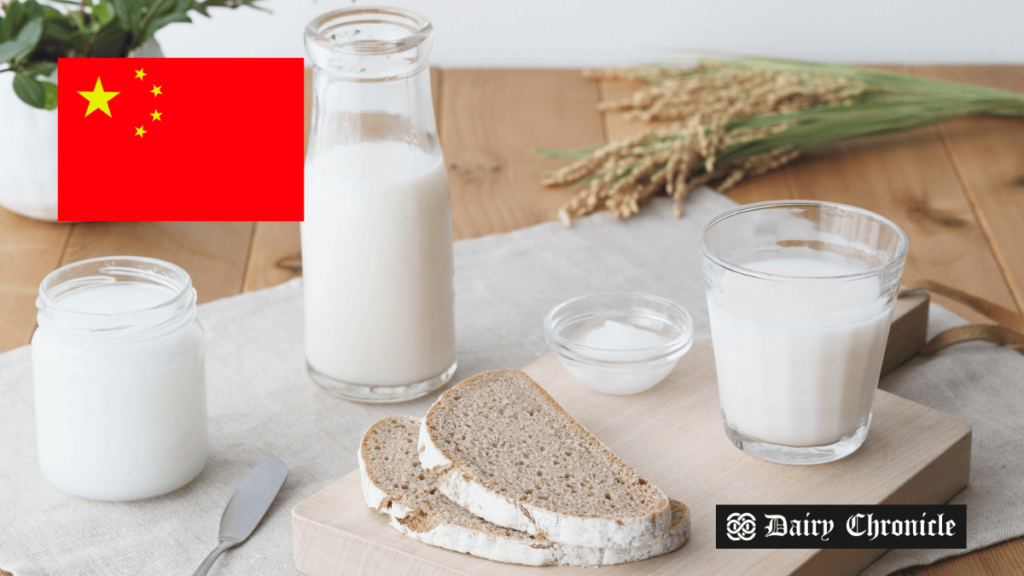China has enforced new GB standards for dairy products, food additives, and packaging from February 8, 2025. The regulations, issued by the National Health Commission of China (NHC) and the State Administration for Market Regulation (SAMR), impose stricter quality, labeling, and safety requirements for both domestic and imported products. Businesses must comply or risk fines and market removal.
China has implemented new national standards under the GB category, affecting dairy products, food additives, and packaging materials. The National Health Commission of China (NHC) and the State Administration for Market Regulation (SAMR), the key regulatory bodies overseeing food safety and market compliance, announced the enforcement of these rules to enhance product quality and safety. The new regulations apply to both domestic and imported goods, mandating stricter compliance from manufacturers.
Key Changes in the GB Standards
Dried Milk and Modified Dried Milk (GB 19644-2024)
The revised standard introduces stricter requirements for raw materials, taste, color, odor, and fat content. Additionally, new limits on impurities, mycotoxins, and microorganisms have been imposed to ensure product safety. Labeling requirements have also been reinforced, requiring manufacturers to specify detailed composition and storage conditions.
Adhesives for Food Packaging (GB 4806.15-2024)
New restrictions on raw materials and chemical compositions used in adhesives that come into contact with food have been introduced. Manufacturers must now provide detailed safety information about materials used, ensuring greater transparency in food packaging safety.
Food Additives (GB 2760-2024)
The new regulations revise permissible limits for certain sweeteners, including aspartame and acesulfame, in specific food categories. Additionally, flavorings with additional functions, such as preservatives, are now allowed only when used strictly as essences for flavoring purposes.
Impact on Businesses and Consumers
These changes aim to curb counterfeiting, reduce health risks, and unify production standards across China’s food industry. One of the key areas of focus is labeling, ensuring consumers receive clear and accurate information regarding product composition.
For businesses operating in China’s food sector, compliance with these new regulations is mandatory as of February 8, 2025. Companies that fail to meet the new requirements may face penalties, fines, or removal of non-compliant products from the market.
As China strengthens its regulatory framework, both domestic and international food manufacturers must swiftly adapt to ensure continued market access. Industry experts suggest that companies invest in better quality control measures and update labeling processes to align with the revised GB standards.



